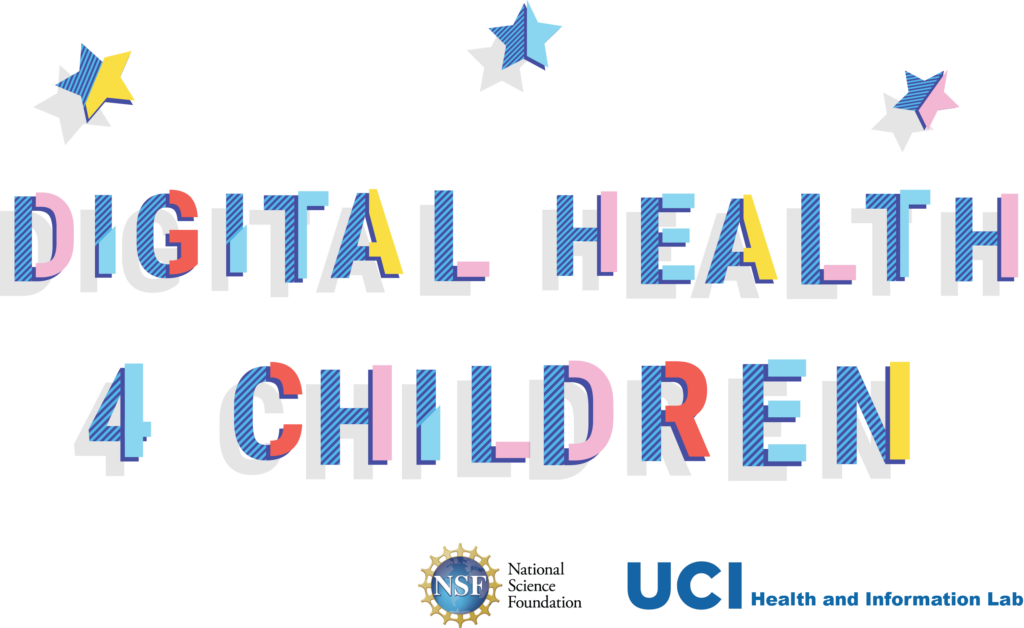
Digital Health for Children (DH4C) is a research project funded by National Science Foundation (NSF # 2211923). We are a group of researchers from the University of California Irvine’s Health and Information Lab. Through partnerships with families, children’s hospitals, schools, and community-based organizations, we design and create new health technologies to support children’s health and well-being. Our current member include Principle Investigator: Dr. Yunan Chen, and PhD student Zhaoyuan “Nick” Su, and Rachael Zehrung.
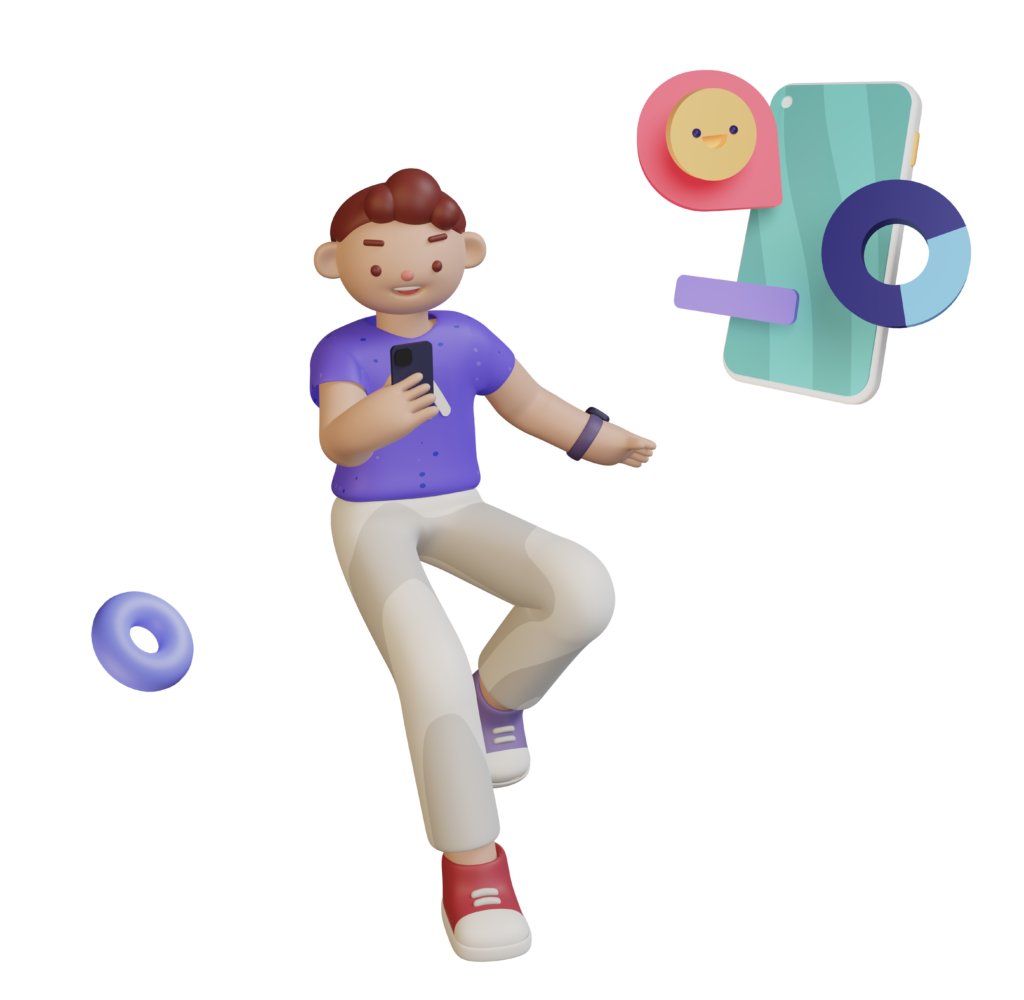
Data-tracking technologies such as smartwatches, fitness bands, and patient monitoring devices have been widely adopted to manage children’s health and wellness. When successful, tracking technologies and practices can encourage children’s self-awareness, enhance health knowledge, and foster a sense of agency and control. However, tracking health for children is complex, requiring collaboration between children, parents, and healthcare providers, as well as designs that can serve children of different ages and children with varying health conditions. Many existing systems fail to meet these challenges, being mainly designed for general wellness and to meet parents’ tracking needs rather than children’s.
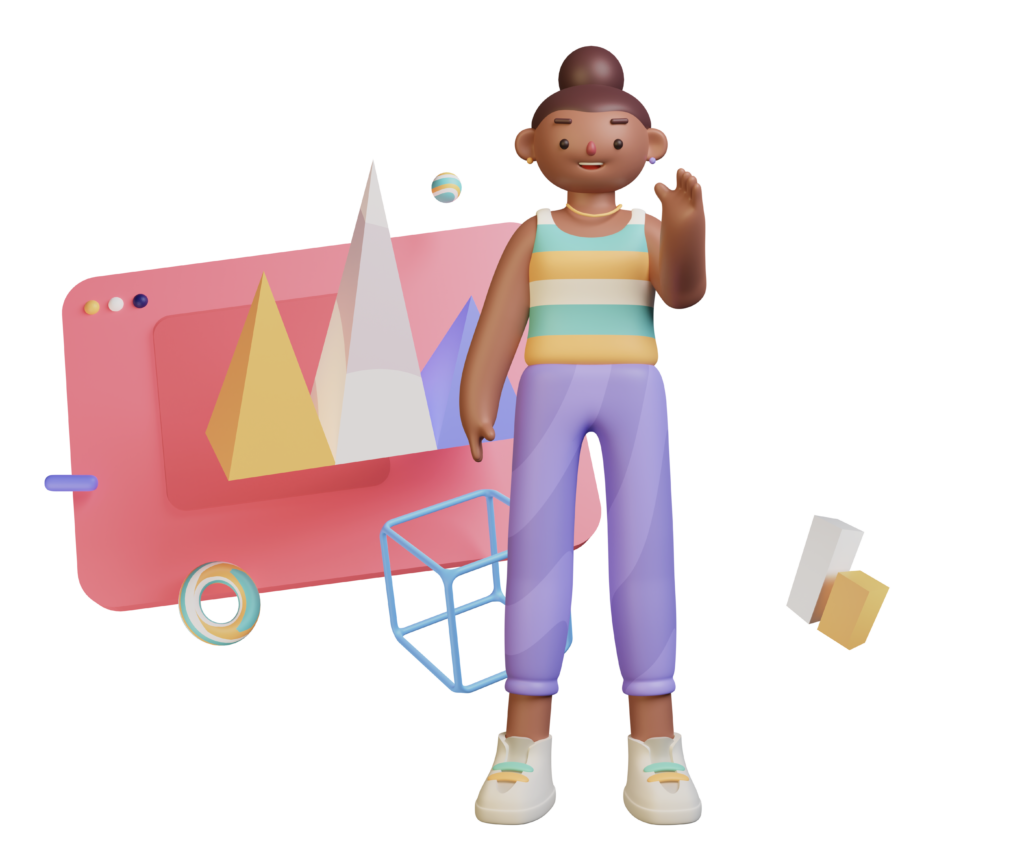
This NSF-funded research project aims to study these challenges through a systematic approach to examining the design of data-tracking technologies for children of different ages, health contexts, and modes of collaboration. Results from the work will be shared broadly with patient advocacy groups and health organizations.
Caring Ecosystem
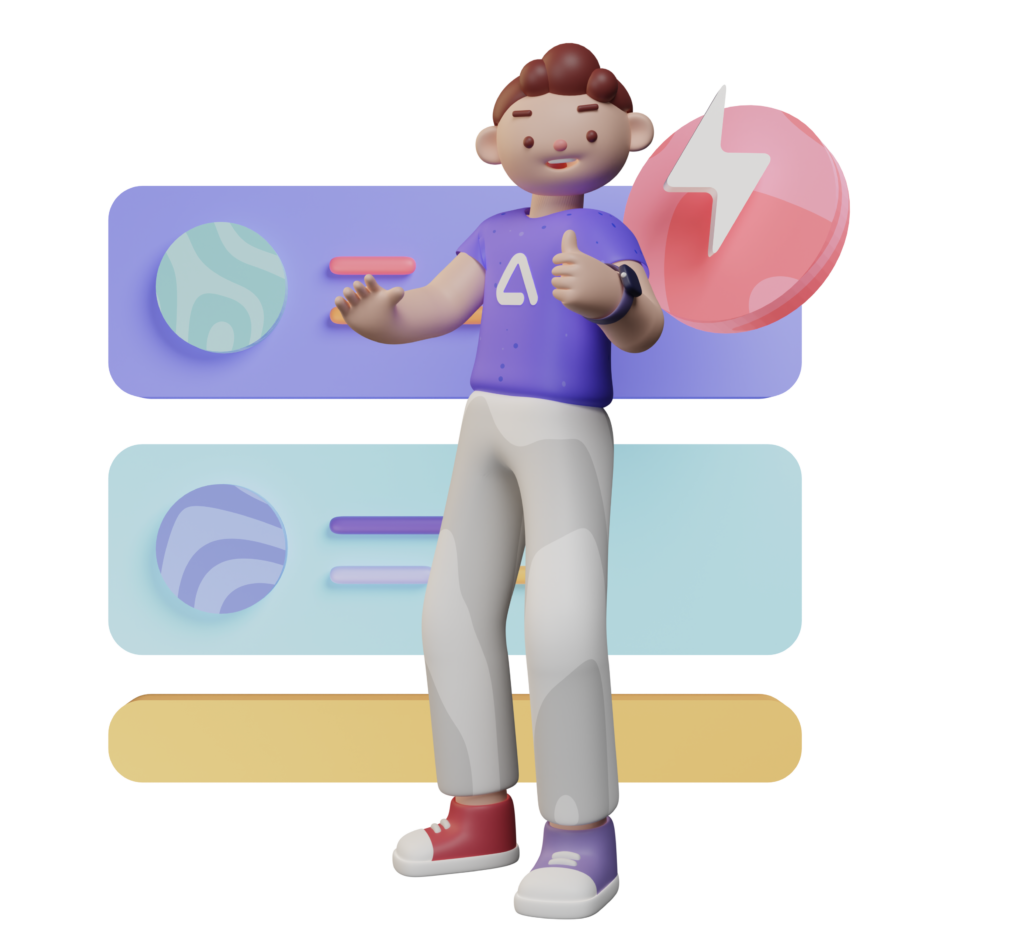
Children’s health and wellbeing often rely on an ecosystem of caregivers, such as parents, other family members (e.g., grandparents), healthcare providers and teachers. We aim to understand and design for and with children’s care ecosystem.
Child-centered Digital Health
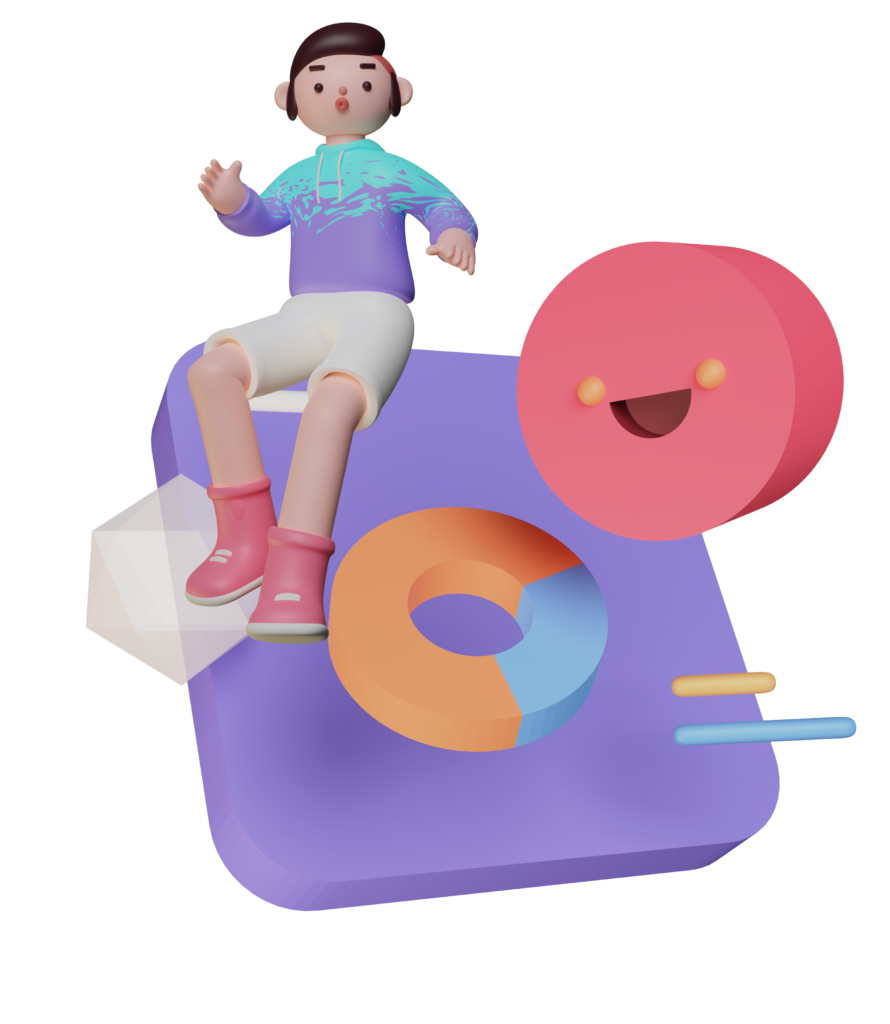
Though health-tracking technologies, such as wearables devices, mobile health apps, and smart medical devices, are pervasive, most are not specifically designed for children. With children and their caregivers, we explore “What do we mean by child-centered design for health technologies?”
Care Through Data
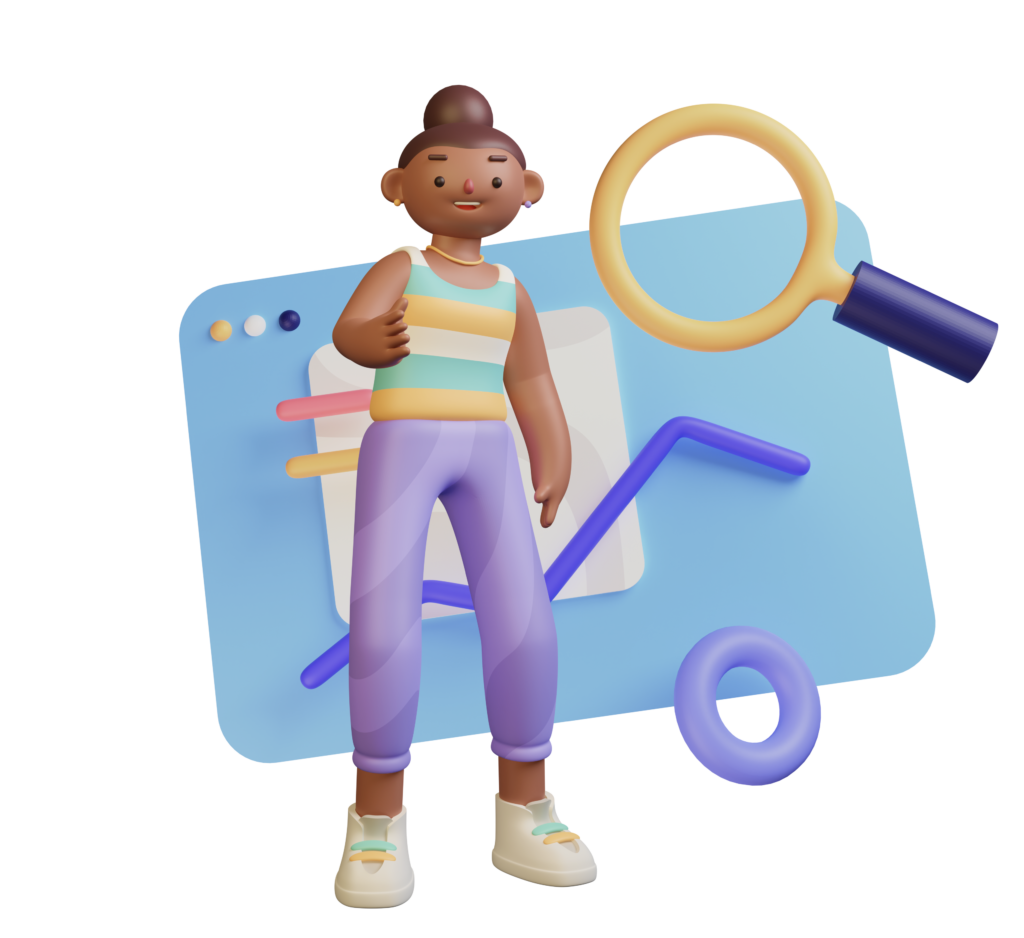
Tracking for Health data promises to promote children’s self-awareness, enhance health knowledge, and foster a sense of agency and control. We aim to explore and design technologies and strategies to cultivate children’s health data literacy so they can care for self through data.
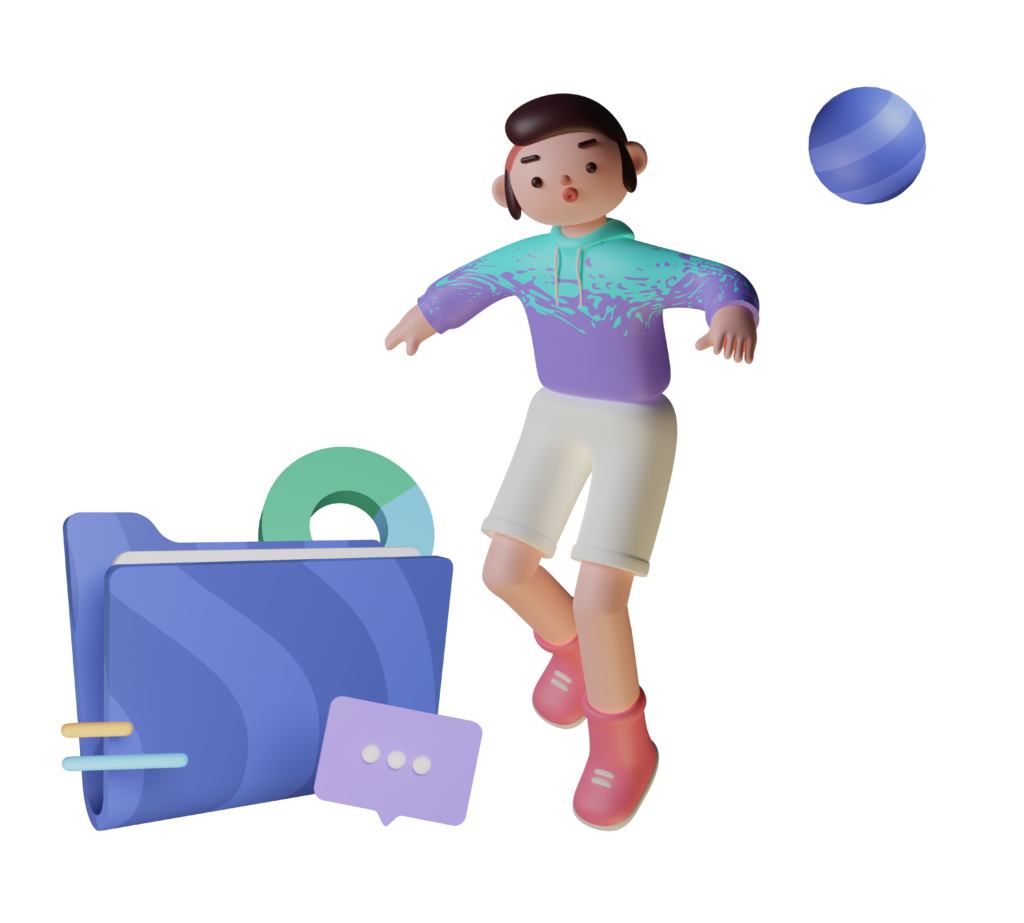
Highlighted Work
Zhaoyuan Su, Lu He, Sunit P. Jariwala, Kai Zheng, Yunan Chen. 2022. “What is Your Envisioned Future?”: Toward Human-AI Enrichment in Data Work of Asthma Care. Proc. ACM Hum.-Comput. Interact, 6, CSCW2, Article 267 (November 2022), 28 pages, https://doi.org/10.1145/3555157
Işil Oygür, Zhaoyuan Su, Daniel A. Epstein, and Yunan Chen. 2021. The Lived Experience of Child-Owned Wearables: Comparing Children’s and Parents’ Perspectives on Activity Tracking. In Proceedings of the 2021 CHI Conference on Human Factors in Computing Systems (CHI ’21). Association for Computing Machinery, New York, NY, USA, Article 480, 1–12. https://doi.org/10.1145/3411764.3445376
Işil Oygür, Daniel A. Epstein, and Yunan Chen. 2020. Raising the Responsible Child: Collaborative Work in the Use of Activity Trackers for Children. Proc. ACM Hum.-Comput. Interact. 4, CSCW2, Article 157 (October 2020), 23 pages. https://doi.org/10.1145/3415228
Rachael Zehrung, Lily Huang, Bongshin Lee, and Eun Kyoung Choe. 2021. Investigating Opportunities to Support Kids’ Agency and Well-being: A Review of Kids’ Wearables. Technical Reports. https://arxiv.org/abs/2104.05979